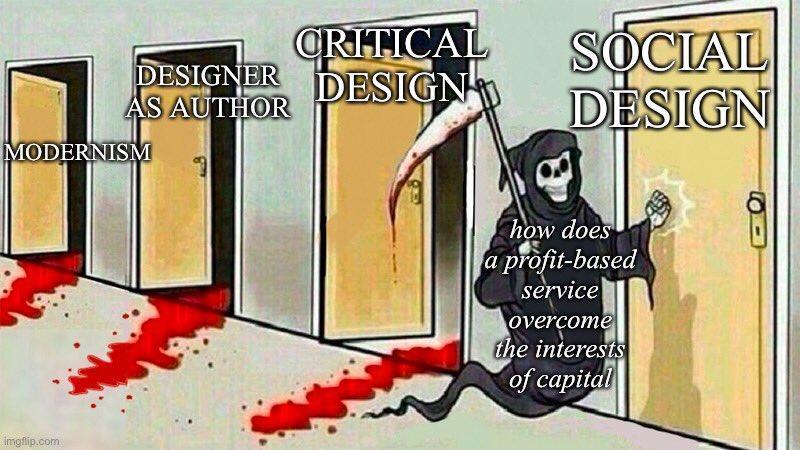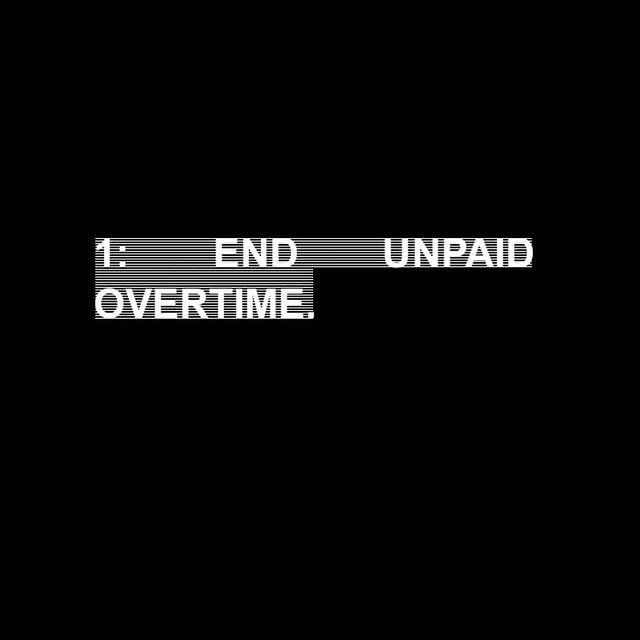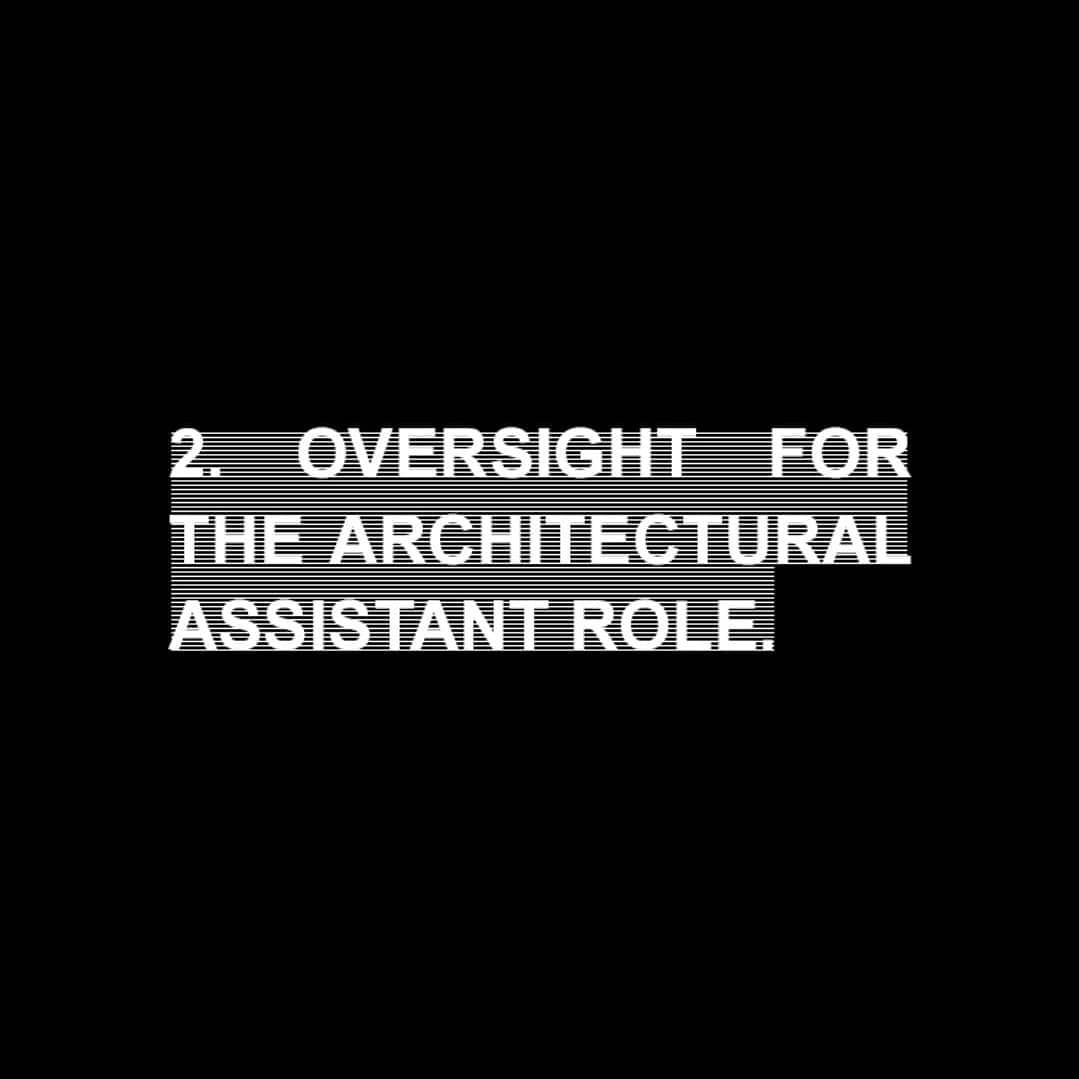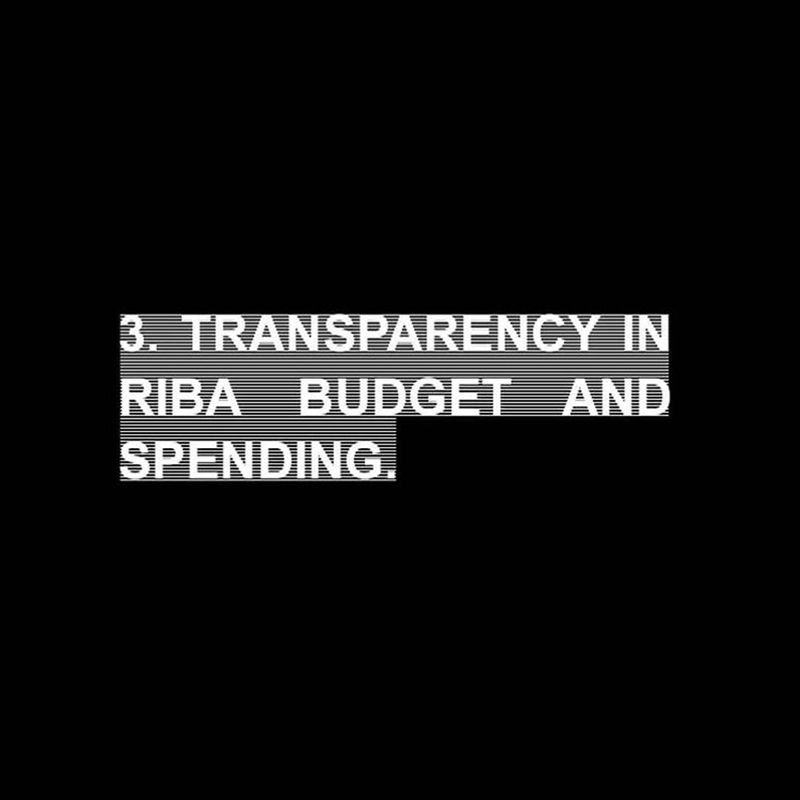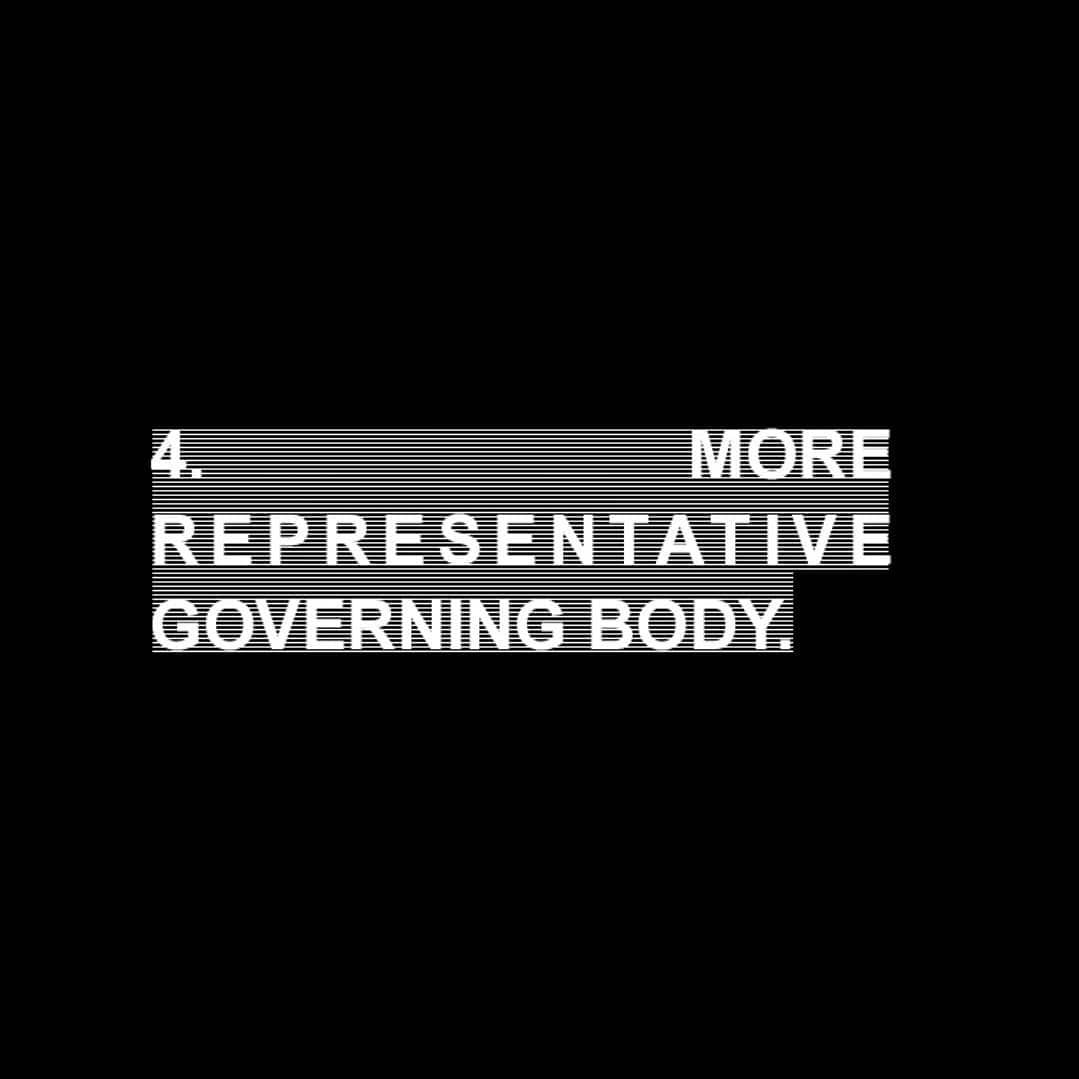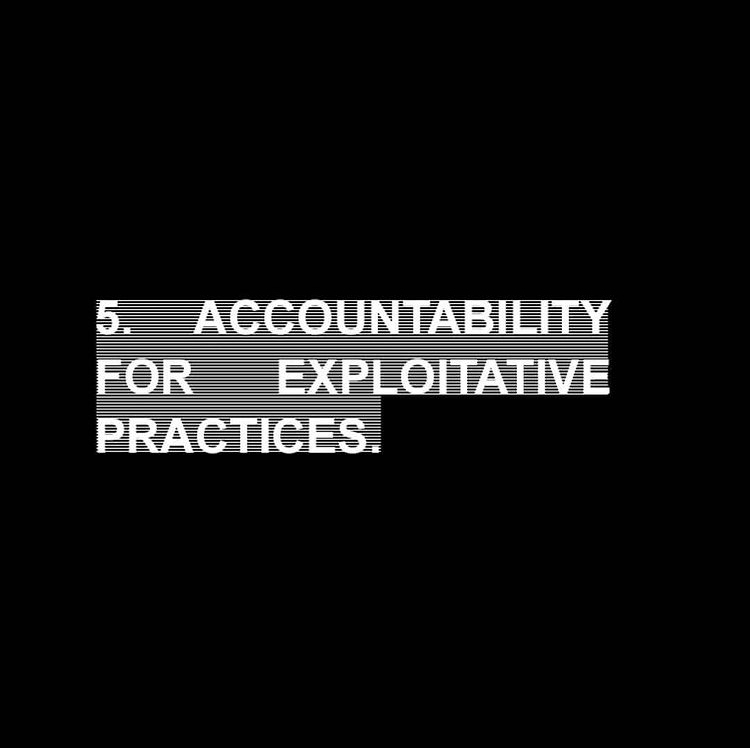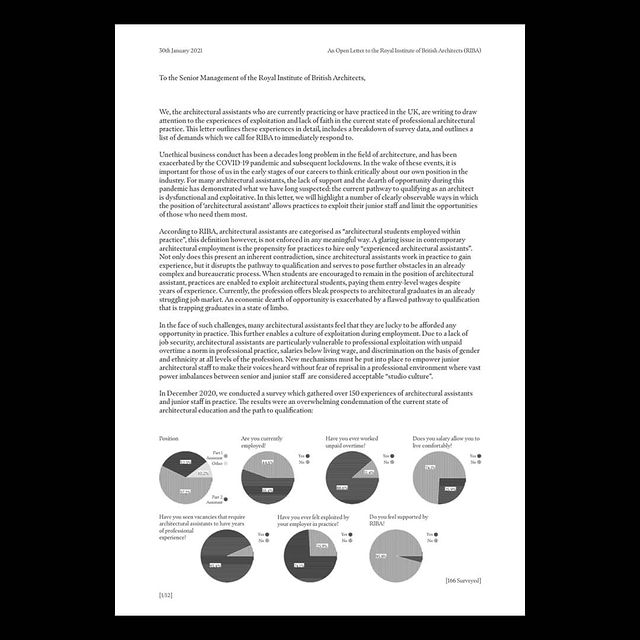21/015
Future Architecture Front
Grassroots Movement
London
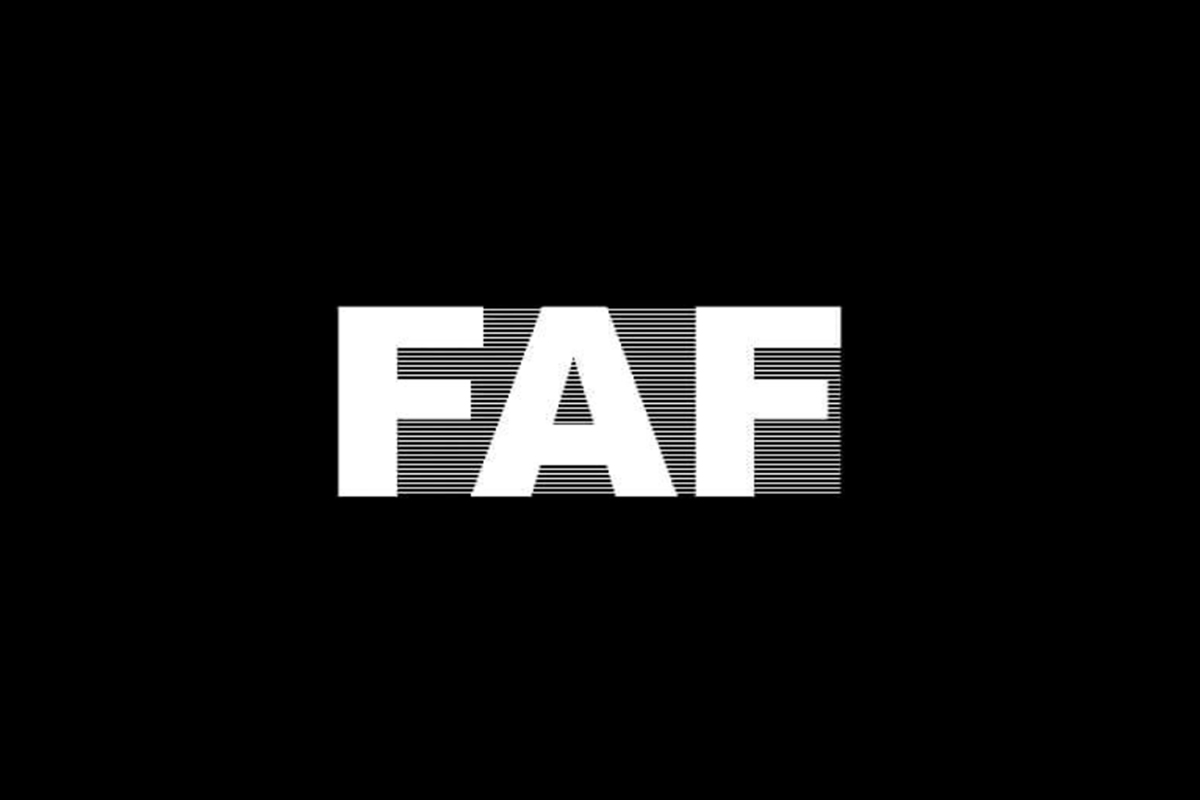
«I believe that architecture in its current form will always fall short of our expectations due to its existence as a profit-based service.»
«I believe that architecture in its current form will always fall short of our expectations due to its existence as a profit-based service.»
«I believe that architecture in its current form will always fall short of our expectations due to its existence as a profit-based service.»
«I believe that architecture in its current form will always fall short of our expectations due to its existence as a profit-based service.»
«I believe that architecture in its current form will always fall short of our expectations due to its existence as a profit-based service.»
Please, introduce yourself and your campaign…
My name is Charlie Edmonds, I founded the Future Architects Front (FAF) as a response to the overwhelming condition of exploitation within the architecture profession.
How did you find your way into the field of architecture? Why are you fascinated by your work/architecture in general?
Currently I’m fascinated by the way that architecture and urban design can challenge existing models of living and propose a more equitable future. Obviously much of architectural practice is limited by the financial reality of any business, but particularly in academia and research I believe that architecture is starting to really interrogate the societal role of the profession—see Forensic Architecture, Public Practice, or Failed Architecture.
What are your experiences founding your own collective?
FAF began from necessity really. I was originally campaigning as an individual but once we had conducted a large survey and collected over a hundred people’s experiences of professional practice, it felt disingenuous to attach that all to myself—and so FAF was born. The biggest surprise has to be the rate of growth, our platform is barely two months old and we’ve been published in the Architects Journal twice and held meetings with RIBA leadership to discuss the future of the institute. I think it has very little to do with us to be honest, and more to do with just how pressing and overdue these issues are—we aren’t expert campaigners but we might be the straw that broke the camel’s back.
How would you characterize the city you are currently based at as location for practicing architecture? How is the context (of this specific place) influencing your projects? What meaning does location have to you overall?
I think growing up in London has informed a lot of my attitudes (not just to architecture), the excessive surveillance, the commodification of housing, the lack of a social safety net, these are all experiences that will force you to engage in some critical reflection about the state of our cities and leadership. Perhaps my anti-authority streak began here.
What does your desk/working space/office look like at the moment?
So FAF operates in a decentralized, amorphous manner: there are no expectations or deadlines, people contribute what they want, when they want, and we grow and shrink depending on who’s around and willing to work with us. Most of our communication happens through Discord, which is kind of like slack for video game nerds, here we can create channels for different projects and initiatives, host meetings, and chat generally about our ideas for the future. I’m even considering creating a more open section of our server where anyone can join and talk with us, but that’s a plan for when I get a little more tech-savvy.
What is the essence of architecture for you personally/for you as a group?
For me, it’s a tool. It’s an approach to thinking about space and matter in order to achieve certain goals. Probably not a very original take but I don’t like to overthink it.
Name your favorite…
Book/Magazine: Architecture Depends
Building: The Grove Skate Park
Mentor/Architect: Raoul Wallenberg
… that was influential for your works as a group/movement.
What needs to change in the field of architecture according to you? How do you imagine the future?
I believe that architecture in its current form will always fall short of our expectations due to its existence as a profit-based service. I think that what needs to change isn’t the field as much as it’s the architects, I would love to see a mass-mobilization within the profession of practitioners engaging critically with the political consequences of our work. Perhaps if the profession operates in a more contextually aware state – we may be able to generate a more equitable model of architecture which lives up to our lofty expectations.
Meme by @neuroticarsehole
If there were one skill you could recommend to a young architect to study in depth at architecture school: what would it be and why?
Research. So much of architecture school is working fast and trusting your gut, the slower process of understanding context and proposing nuanced interventions tends to get lost in the rush of it all. I was lucky enough to enroll in an MPhil degree that gave me the space to conduct fieldwork and compile a comprehensive design thesis, I wish that all architects could be given the same space to breathe and think.
What is your favorite tool to design/create architecture and why?
Currently Rhino— I’ve become so familiar with the interface that the process doesn’t even feel like modelling or rendering anymore, more like 3D sketching. Reminds me of using Play-Doh as a kid.
What essential actions do we need to take as architects now regarding a more sustainable future for everyone? From your perspective: What are the (political, legislative, etc.) influencing factors that matter most?
I think we need to focus on the generation of grassroots movements. There’s no denying that power is concentrated within a minority of people in the world, so strategically the best way to combat that is to rely on our numbers. I think that the evolution of digital spaces is making this more and more effective, take FAF, ACAN, Sound Advice for example, we’ve all managed to achieve a significant amount through collective power generated via digital collaboration, I think that’s really promising.
What person/collective or project do we need to look into right now?
Right now, I think Public Practice is a fascinating group. They’re bridging the gap between architecture and planning and I think this is a crucial element in making architecture more politically engaged, effective, and relevant.
Project
Open Letter to RIBA
The RIBA Open Letter was our most effective campaign project so far. We tried to write it in a way that would channel the concerns and ideas shared with us through our original survey. In this way, the document became a collaborative venture rather than one individual ruminating on the problems of the profession. It received over 1800 signatures and has been the primary vehicle through which we have achieved change. We have already pushed RIBA to pursue ending unpaid overtime in chartered practices and we’re confident that we will achieve much more in the future —this is why I encourage people to engage in research and writing, it’s a powerful tool.
